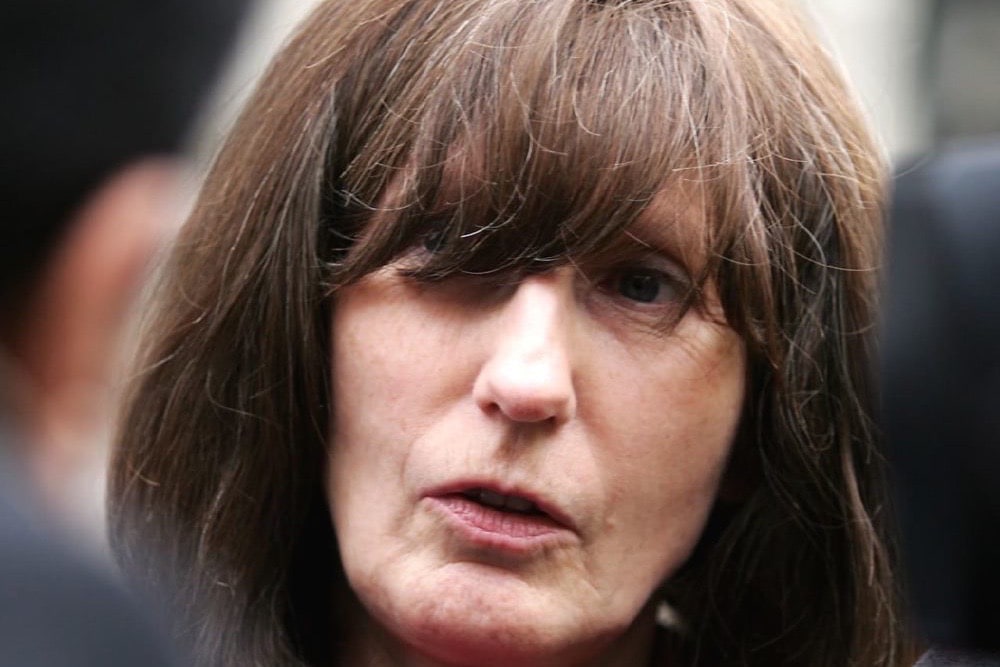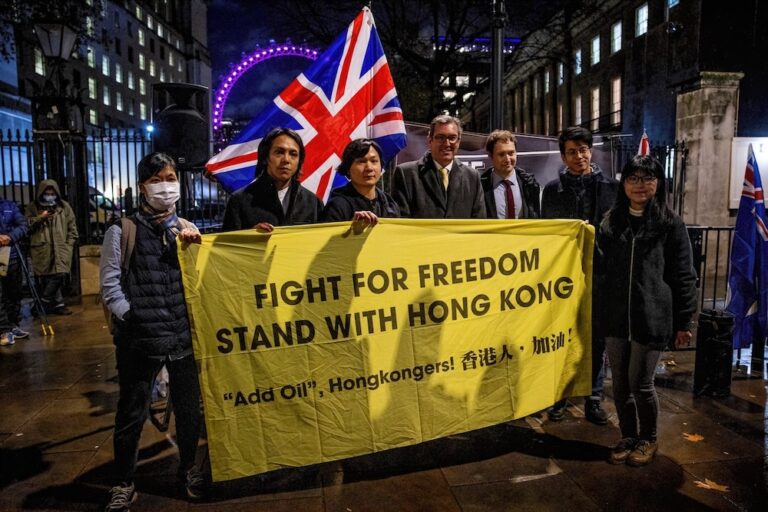Gareth Peirce has spent 40 years fighting to overturn miscarriages of justice, many of which are the result of the over-zealous use of anti-terrorism measures.
“We have lost our way… We have entered a new dark age of injustice and it is frightening that we are overwhelmed by it.”
The British human rights lawyer Gareth Peirce has been immortalised in film by the actress Emma Thompson, credited by her first UK employer with having “transformed the criminal justice scene in this country almost single-handedly,” and affectionately dubbed “al-Umm” (meaning “mother” or “the greatest”) by her Arabic-speaking clients.
Although shy and publicity averse, Peirce has been at the centre of some of the greatest legal fights of the last 40 years to overturn some of the UK’s most notorious miscarriages of justice. Many of these cases owe their existence to the over-zealous or cynical application of poorly conceived anti-terrorism policies.
Renowned for her work ethic and loyalty to her clients, Peirce’s steadfast commitment to justice can be traced back to the 1960s, when – pre-legal career – she worked in the US as a journalist, reporting on (and embracing) Dr Martin Luther King’s struggle for civil rights for African Americans. Energised by the hope that she saw there, she returned to the UK in 1970 and began her legal studies, eventually joining the law firm Benedict Birnberg as a trainee; she is still at the firm (now called Birnberg Peirce) as a senior partner.
Peirce’s first high profile clients were members of the so-called Guilford Four and Birmingham Six, two groups of Irishmen falsely convicted (on dubious evidence and after allegedly suffering physical and psychological abuse) of carrying out a series of horrific bombings in the UK in 1974. Peirce’s certainty of both her clients’ innocence and her ability to get justice for them – “My job is to get you out and I’m going to get you out” she told Gerry Conlon (of the Guilford Four) at their first meeting – boosted the morale of these men, each of whom would end up spending 15 years in jail as Peirce fought a marathon battle to free them. She eventually got them released in 1991, and their convictions were later quashed, but revelations of how the men had been treated were shocking, as Conlon recounted in 2010:
“When they put me in a cell in the police station, there was no mattress or anywhere to sit. There was no glass in the windows, so flurries of snow were coming in. I was shivering. To make myself small I rolled into the foetal position. A policeman came into the cell with an Alsatian dog as I was lying on the floor naked. He loosened the lead and the dog leaped at me. Its teeth were not even an inch away from my face. He said, ‘Don’t lie down again or I’ll come back with the dog and take it off the leash.’”
The parallels between the mistreatment of Irish terrorism suspects in the UK during the 1970s and 1980s and Muslim suspects globally post 9-11, are easy to see.
Many of Peirce’s high-profile clients have been victims of the wholesale disregard for international law that took place during the aftermath of 9-11, a disregard that resulted in extrajudicial detentions, extraordinary rendition and torture. As she said in 2004: “We have lost our way in this country. We have entered a new dark age of injustice and it is frightening that we are overwhelmed by it. I know I am representing innocent people; innocent people who know that a jury they face will inevitably be predisposed to find them guilty.”
One of these innocent clients, and one who never got to see a jury, was Moazzam Begg, a British Muslim who was detained for three years without charge. Begg, who had moved to Afghanistan with his family in 2001 and then fled for safety to Pakistan when the Afghanistan war started, was kidnapped by Pakistani and US agents in Islamabad in 2002, held at the Bagram internment centre and then transferred to Guantanamo Bay in 2003. Like many detainees at those sites, Begg says that he was mistreated, held in solitary confinement and deprived of natural light; he also says that he witnessed the killing of two other inmates. Begg was eventually released in 2005 and returned to the UK.
Other Muslim clients included eight of the 12 men who – shortly after 9-11 – were detained without trial in the UK’s Belmarsh Prison under controversial anti-terrorism legislation pushed through parliament by Tony Blair’s government. The detainees were locked up without charge, never told of the accusations against them and – almost incredibly – never questioned by the police. Peirce fought against their detention for three years, and, in 2005, the House of Lords ruled that holding the men without trial was illegal. The men were released but subjected to various kinds of monitoring involving curfews, tagging and restrictions on their internet use.
Recently, Peirce has represented Shaker Aamer, a British resident who was held without trial in Guantanamo Bay for 13 years before his release in 2015, and Wikileaks’ Julian Assange, whom Sweden wanted to extradite from the UK as part of a rape investigation, since dropped.
Peirce continues to defend the downtrodden, or, as Moazzam Begg said self-deprecatingly in 2012, “the pariahs of society.”
In 2015, she received the Irish Presidential Distinguished Service Award for her work.



